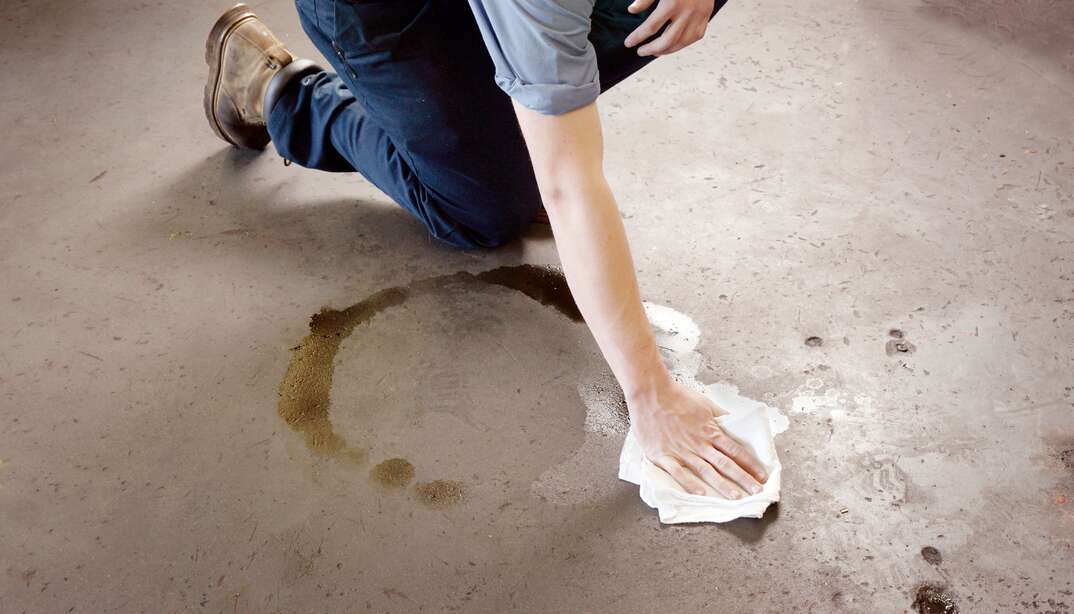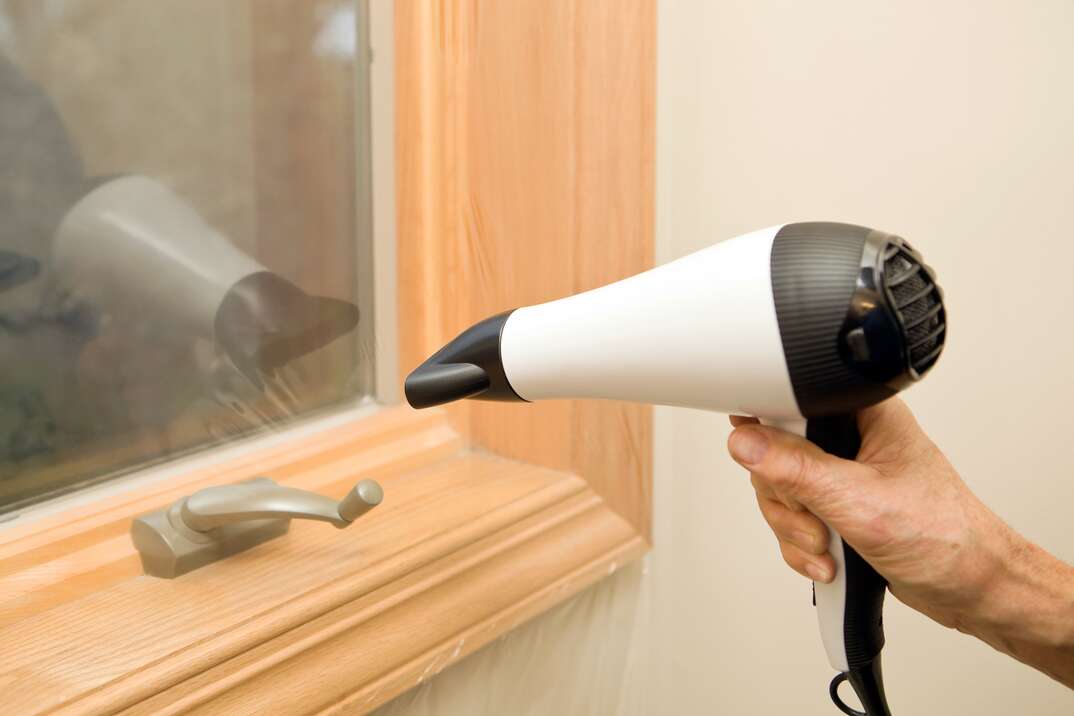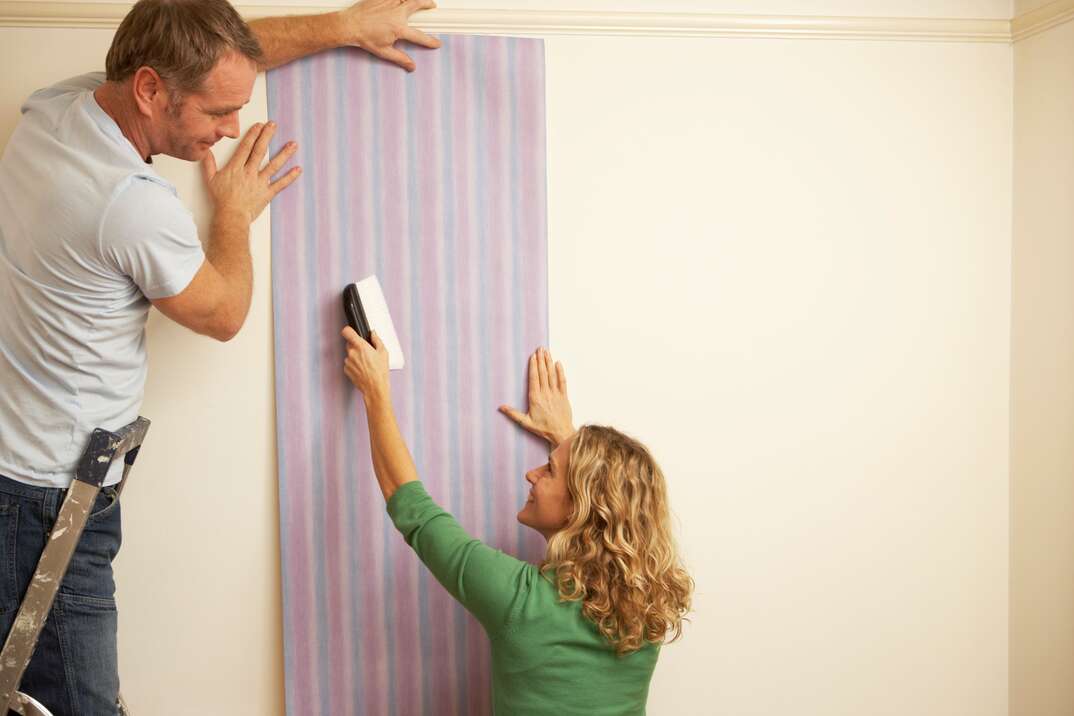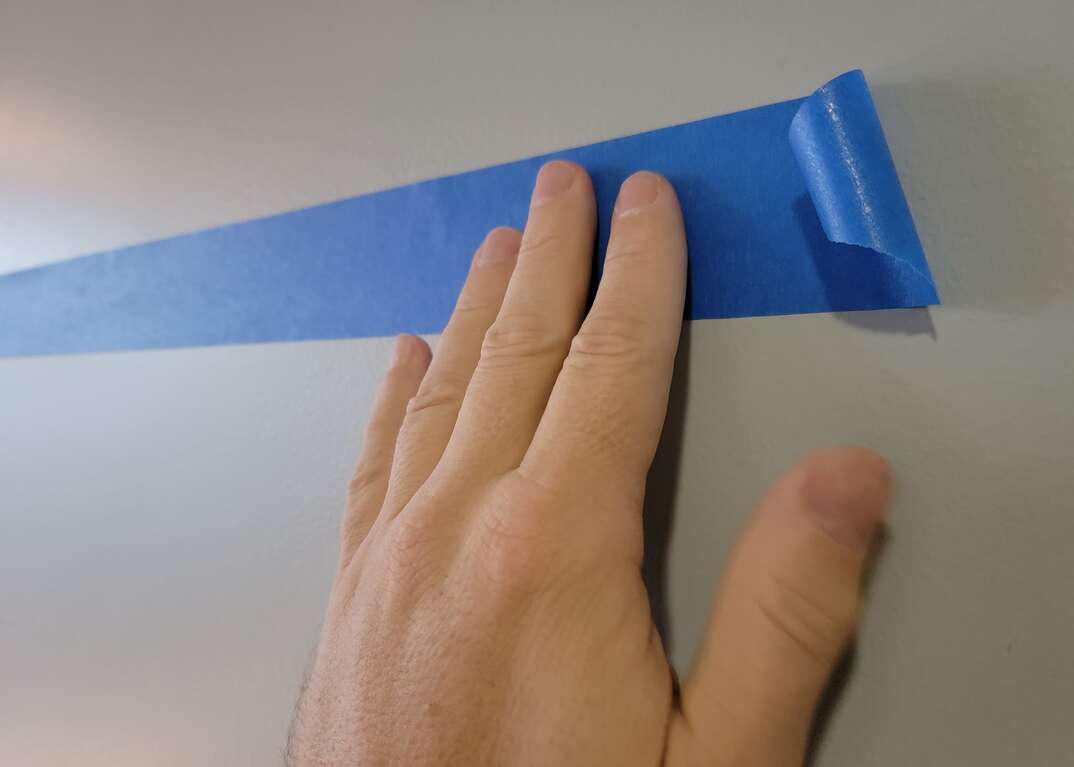How to Clean Your Garage Floor

Cleaning a Garage Floor at a Glance
- Tools and materials: Cleaner, degreaser, brush, cat litter, mop or pressure washer
- Step 1: Clear out garage
- Step 2: Remove oil or liquid with cat litter
- Step 3: Pressure wash or mop
- Step 4: Spot clean
- Optional: Seal floor
As many homeowners adapt them to be a multi-purpose space, garages are getting more use than ever before. Garages, like the other rooms of the house, are now for work, play and school. Your garage may be “outside,” but that doesn’t mean it needs to be as dirty as the outdoors. Cleaning your garage floor is a good place to start.
This May Also Interest You: Considering an Epoxy Garage Floor? You’ll Want to Read This First
A handy tip: To prep your garage floor before mopping or pressure washing, remove everything from the garage that is not too heavy to move. Use your leaf blower to sweep the area free of debris.
Here’s a look at how to clean and maintain your garage floor so you can fully enjoy this adaptable space.
Can You Pressure Wash a Garage Floor?
For our purposes, we’ll assume you’re working with an unsealed or unpainted concrete garage floor. This type of garage floor is a great place to use your pressure washer. Big-box hardware stores and online retailers are excellent places to find pressure washer-friendly cleaners like:
- Garage floor cleaner
- Concrete floor cleaner
- Degreaser
- Oil and stain removers
Pressure washing offers the advantage of working smarter, not harder. Start pressure washing the garage floor from the most interior wall and move out toward the garage doorway. This moves the spray, run-off, debris and gunk out to the driveway.
The key to success with pressure washing is to use the right cleaner for the job. Take note of what kind of stains or debris you’re trying to remove. For oil, grease and soot stains, you’ll want to use hot water and a low-sudsing degreaser. If you’re trying to lift dirt, grime, mold or mildew, you can apply a homemade solution. Try one part bleach to four parts water. Or, you can use a vinegar and water solution.
Pressure Washer Runoff
Considering where the run-off will go is the most important aspect of this project. With a pressure washer, you are going through many gallons of water or solutions per minute, so you’ll want to have some idea of where that water will end up before you start. If your garage floor and driveway slant down and away from your house, you’re already in great shape.
However, if your driveway and garage floor are level or slant toward the home, odds are that the run-off and everything you’re cleaning off the garage floor will end up pooling in your driveway and yard. Plan accordingly.
Mopping and Spot Cleaning
When you can’t or don’t want to pressure wash your garage floor, mopping is an excellent alternative. This is also likely the most cost-effective way to clean your garage floor because you can use many of the household cleaners you already have on hand. All you need is:
- Mop
- Bucket
- Water
- Scrub brush or broom
- Cleaner
According to Concrete Network, these are some stain-specific solutions that work great for mopping or spot cleaning garage floors:
- Oil, grease and soot: Use hot water and a degreaser like mild dish soap, floor cleaner or baking soda.
- Rust: Try an oxalic acid-powdered cleanser and water.
- Dirt, grime, mold or mildew: Clean with a 4:1 water-bleach solution, vinegar solution, mild dish soap or general-purpose cleaner.
Can I Use Cat Litter on My Garage Floor?
Part of the prep work for cleaning your garage floor will be treating all of your liquid and oil stains with cat litter. There are other oil-absorbing materials available as well, like baking soda or sawdust. The main goal is to remove as much of the pooled motor oil as possible before you begin cleaning.
Wolf Paving’s step-by-step guide recommends you sop up any liquids before you start cleaning. Simply apply cat litter to the oil spill and let it sit there for an hour or more, depending on the amount of oil there is to absorb. When you are ready, use your broom and dustpan to sweep up the oily cat litter and dispose of it.
More Related Articles:
- Backed Up in Your Garage? Here’s How to Unclog Your Floor Drain
- 5 DIY Garage Door Makeover Ideas
- Is a Smart Garage Door Opener a Wise Investment?
- How Much Does It Cost to Build a Garage?
- DIY Tips for Organizing Your Garage
Can I Use Bleach or Vinegar to Clean My Garage Floor?
Yes. Bleach and vinegar are mildly acidic, which means they work great on oil, grease, mildew and other stains. These potent liquids are commonly diluted in water. Scrub the solution into the stain and let it penetrate for a few minutes. Rinse or mop it away with clean water.
How Do I Make My Garage Floor Look New?
If you’re looking to revive your garage floor, there are a number of sealers and deck surfaces that are appealing and functional. These materials come in two basic categories and are available from professional vendors and big-box hardware stores.
Garage Floor Coatings
There are a lot of options for coating your garage floor: Rubberized paint and texture, tinted sealers and textured epoxy coatings. Coating your garage floor is also a popular weekend DIY project. The benefits of covering your garage floor with something in this category include:
- Durability
- Easy to clean
- Blocks stains
- Non-slip
- Permanent solution
Garage Floor Tiles or Mats
Rubberized or composite flooring for garage use offers many of the same benefits that floor coatings do. However, the flooring can be a less permanent solution if that’s what you need. Composite tiles, mats and decking that snap together can be placed down quickly and lifted up easily for repositioning, removal or replacement.
Since we’re all home now more than ever, being prepared for unexpected home repairs with a plan from HomeServe is important. Having a plan in place gives you peace of mind knowing that you can simply call our 24/7 repair hotline for covered breakdowns. See what plans are available in your neighborhood.


